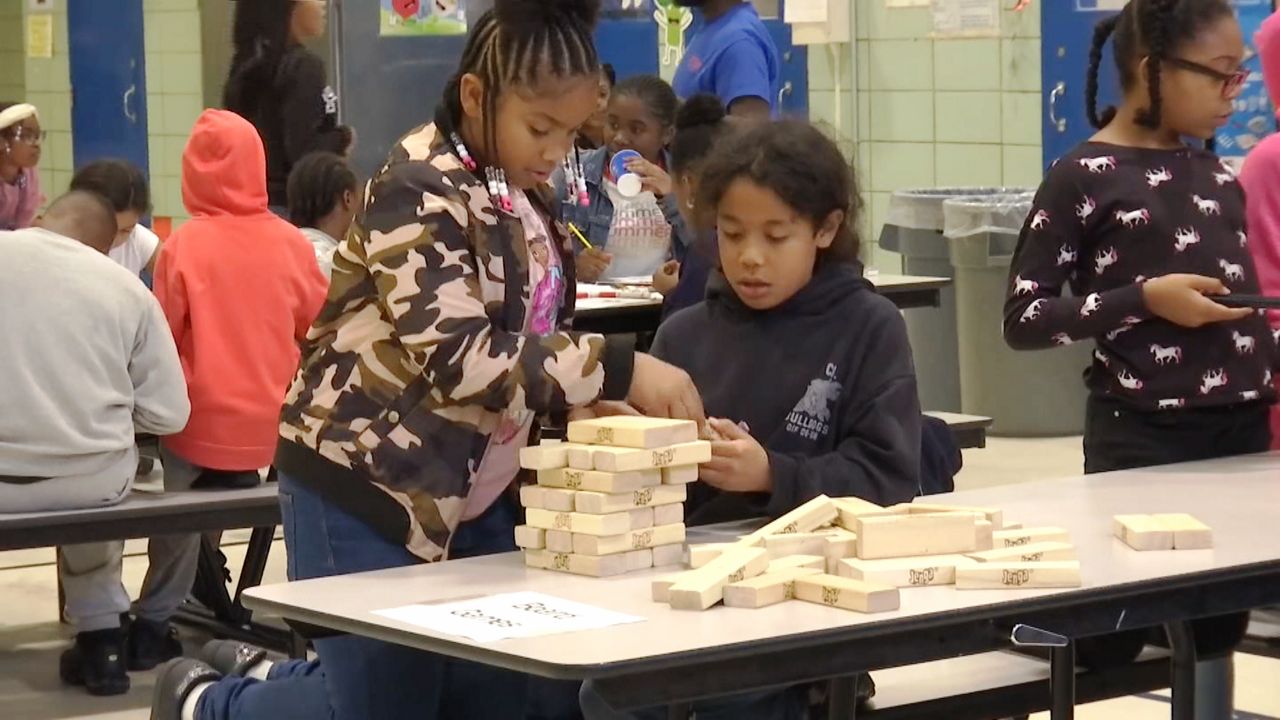NEW YORK - The city offers free city-run after-school programs, but not everywhere. The City Council wants to change that.
“Universal after-school will increase and equalize educational opportunities, keep kids out of the criminal justice system and make life easier for parents whose jobs keep them at work until at least 5 p.m. if not longer," said City Councilman Ben Kallos at a hearing Tuesday.
Only 880 of the 1,800 public schools in the five boroughs offer free city-funded after-school programs.
“Which leaves about a thousand schools without a city-funded after school program," said Department of Youth and Community Development Deputy Commissioner Susan Haskell.
Councilman Ben Kallos of Manhattan introduced a bill to require the city to offer a slot in an after-school program to every student who wants it - a standard already met in middle schools. At a Council hearing Tuesday, de Blasio administration officials threw some cold water on the idea, testifying that universal after-school would cost hundreds of millions of dollars a year.
Kallos argued that the programs would create a savings by keeping kids out of the criminal justice system.
"We’re hoping that the cost pays for itself," Kallos said.
Councilwoman Helen Rosenthal says her Upper West Side district has recently seen a spate of crimes by young people.
"My constituents are coming to me and asking for more police and I say to them we don’t need more police. We need more after school programs," said Rosenthal. "But there’s nothing, because there’s nothing free - it’s not universal. Or whatever is free is totally jam-packed there are no slots left."
Organizations that provide after-school programming say they’re a vital resource for students and their parents.
"There's really not an option for parents who have to work longer than the school day. Their kids not only need the enrichment and extra education that comes from an after-school program, but they need the care -- they need to know that they’re somewhere that’s safe and nurturing and child-friendly," said Gregory Brender of United Neighborhood Houses.
And advocates say the programs provide much more than just homework help or a place to play.
"Kids that participate in after-school programs actually attend school at a higher rate and stay out of trouble at a much higher rate," said Robert Cordero, executive director of Grand Street Settlement.
